Are you concerned about the body image, eating and/or physical activity attitudes and behaviours in a child?
It is always better to do something rather than nothing. Early intervention can reduce the severity and duration of more serious body image and eating issues, and can make a full recovery more likely.
It can sometimes be challenging to know if a child’s attitudes and behaviours involving their body, eating and physical activity are typical or are a signal of something more serious. If you are concerned that a child may be developing or experiencing serious body dissatisfaction, disordered eating or an eating disorder, it is important to trust your instincts and to learn more, rather than to dismiss your concerns because they are a child.
Eating disorders in children are less common, but they can and do occur. All eating disorders are complex and develop due to a range of biological, psychological and environmental or socio-cultural factors.
Download our information sheet to learn more about eating disorders, the risk factors and warning signs in children, as well as what to do if you’re concerned. If you are not sure what to do, we encourage you to contact the Butterfly National Helpline.
For Families
If you are concerned your child is developing or experiencing an eating disorder or body image concerns, it is important to share your concerns with your GP, pediatrician, or contact the Butterfly National Helpline, sooner rather than later.
We encourage parents to always trust their instincts. If you are not comfortable with initial advice from a health professional, seek additional opinions.
To support your conversation with a health professional or the Butterfly National Helpline staff, you may find it helpful to complete the questionnaire within the Feed Your Instinct website. This evidence-based resource will help you work through your concerns (what you’ve identified and observed) and enable you to have a more positive and productive conversation with your health professional.
Feed Your Instinct www.feedyourinstinct.com.au
If you are not sure what to do, we encourage you to contact the Butterfly National Helpline.
The Butterfly National Helpline provides free and confidential support, Australia-wide, to anyone experiencing body image or eating concerns. 8am-Midnight (AEST), 7 days a week.
Contact the Butterfly National Helpline to talk through your concerns about a child, or anyone in your school community, by phone (1800 33 4673), webchat or email. www.butterflynationalhelpline.org.au
If it is a medical emergency, please contact 000.
For Schools
In your role, you may become aware of a child’s concerning language, attitudes and behaviours. Serious body image concerns and eating disorders in children do develop in a similar, but also different, way to adolescents. It can be challenging for school staff to know when something is becoming more serious and also how to have a conversation with the child’s family. It is not your role to diagnose or treat, but school staff can play a vital role in early intervention that may ensure better outcomes for that child.
While, unfortunately, there are not many early intervention resources for schools, we recommend you check out the Mental Health First Aid Guidelines for Eating Disorders and Eating Disorders in Schools: Prevention, Early Identification and Response, OR contact the Butterfly National Helpline www.butterflynationalhelpline.org.au to talk through your specific situation.
Further Resources
Additional resources from Butterfly - Fact sheets, further information and tip sheets on caring for a loved one.
Evidence-based resources to support families experiencing an eating disorder.
Other eating disorder and mental health organisations that offer support to families
Eating Disorders Families Australia (EDFA)
Beyond Blue - Information to support children (6-12)
KidsHelpline - Resources for children
(5-12)
It is important to encourage children to identify safe and trusted adults to talk through any concerns they may have. If a child does not feel comfortable talking to a person in their life, encourage them to contact the KidsHelpline. It can be challenging for a child to express how they feel, but we know that talking helps and it’s important that children learn early that there is always someone who will listen.

Further questions about Butterfly Body Bright?
We’re here to help!
Butterfly acknowledges the traditional owners and custodians of the land on which we work as first people of this country.
We commit to embracing diversity and eliminating discrimination in health care. We welcome all help-seekers and strive to create a safe place for all people, irrespective of their size, shape, age, abilities, gender, sexuality, cultural background, language, economic status, profession or location.


